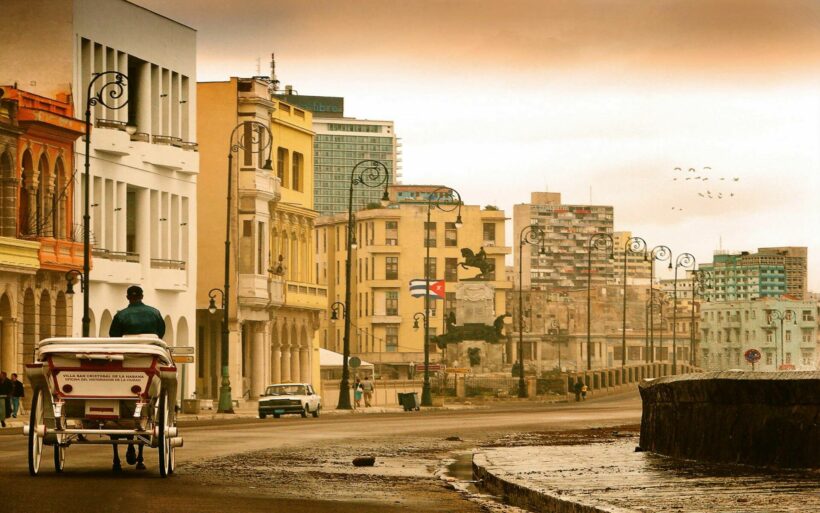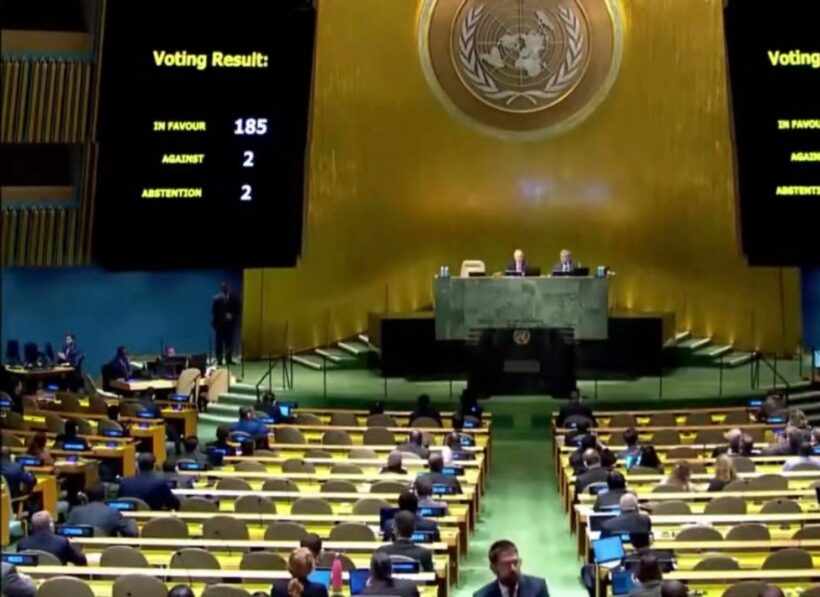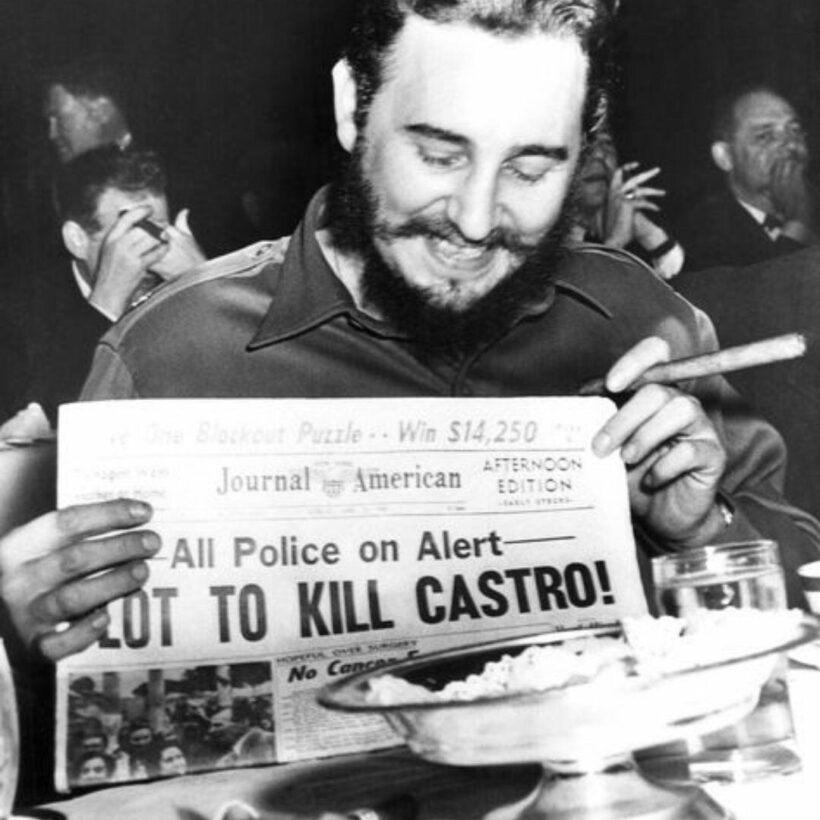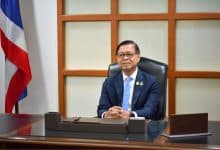UN highlights toxic foreign policy of the US in Cuba

The cruel, repressive foreign policy of the United States was brutally highlighted last week when the UN General Assembly demanded the US to end a 60 year economic embargo on Cuba.
The near-unanimous vote by the UN Assembly, for a 30th consecutive year, sent a strong message to the US to end their toxic foreign policy toward Cuba. The vote on Thursday was 185-2, with only the US and the apartheid state of Israel voting against the proposals, unsurprisingly Ukraine and Brazil abstained.

It provided further evidence of the US punishing nations that have dissented or refused to accept their bully-boy foreign policy. Not content with pushing NATO into Ukraine to stir tensions with Russia and ramping up aggression toward China the US continues to petulantly punish Cuba for not accepting a puppet government leader over 60 years ago.
The embargo was first introduced by President John F. Kennedy who, according to his friend and historian Arthur M. Schlesinger Jr., wanted to unleash “the terrors of the Earth” on Cuba following Fidel Castro’s success in crushing a US-backed dictatorship, reported Consortium News.
Code Pink, a non-governmental organisation led by women working toward ending US-funded wars and occupations, peace, social justice and challenging militarism globally, called on President Joe Biden to end the repressive seven-decades-long blockade.
Code Pink co-founder Medea Benjamin said…
“The Biden administration talks about the need for a rules-based international order. The UN vote clearly shows that the global community is calling on the US to lift its brutal embargo on Cuba.”
Benjamin said Biden “should respect global opinion” and return to former President Barack Obama’s “policy of normalizing relations with Cuba.”
Manolo De Los Santos, co-executive chair of the People’s Forum, also criticised US sanctions against Cuba.
“What would Cuba be like today, if the blockade didn’t hinder its development?
“It is impossible to quantify the pain generated by power cuts, long queues to purchase food, the obstacles to the life projects of families, particularly young people. Cuba has a right to live!”

Cuban Minister of Foreign Affairs Bruno Rodríguez Parrilla revealed that more than 80% of the Cuban people were born under the repressive US sanctions in what he called a “deliberate act of economic war” akin to “a permanent pandemic, a constant hurricane.”
Parrilla made known that former President Donald Trump rolled back most of Obama’s reforms “deliberately inflicting the most significant possible damage on Cuban families.
“The current US administration does not have a policy of its own toward Cuba. It acts out of inertia and continues the inhuman policy of maximum pressure instituted during the presidency of Donald Trump.”
Rodríguez said the embargo had cost Cuba more than US$6.3 billion during the first 14 months of the Biden administration.
In 2018 a UN commission estimated the total cost to the Cuban economy of the 60-year blockade was at least US$130 billion.
Code Pink conducted rallies against the embargo, with protests to #LetCubaLive in New York, Los Angeles, Chicago, and Washington over the past week.
The peace activists have three demands: An end to the US blockade, lifting of all travel and economic restrictions on Cuba, and removal of Cuba from the US list of state sponsors of terrorism.
Successive US administrations backed a decades-long campaign of exile terrorism against Cuba, attempted subversion, failed assassination attempts, economic warfare and covert operations large and small in a fruitless policy of regime change.
CELAC/ECLAC reiterates its call to the United States to accept the call of countries of the Latin America and the Caribbean, all regions of the world and its own people, to put an end to the unjust blockade against Cuba. pic.twitter.com/HYuhpJpJdc
— Kawsachun News (@KawsachunNews) November 2, 2022
Latest Thailand News
Follow The Thaiger on Google News:


























